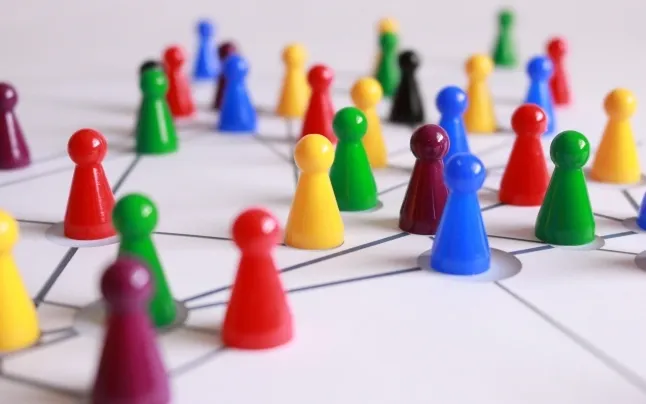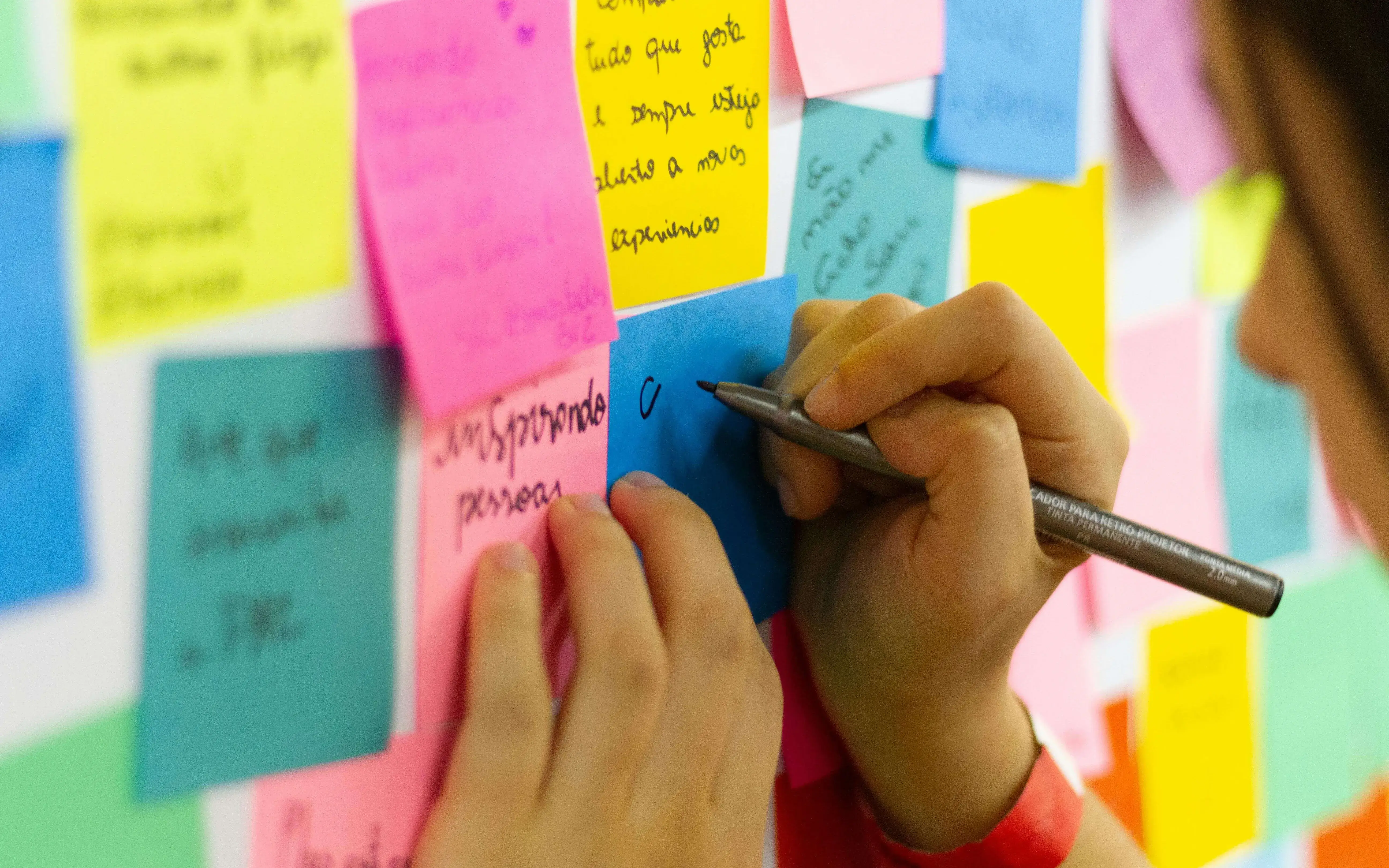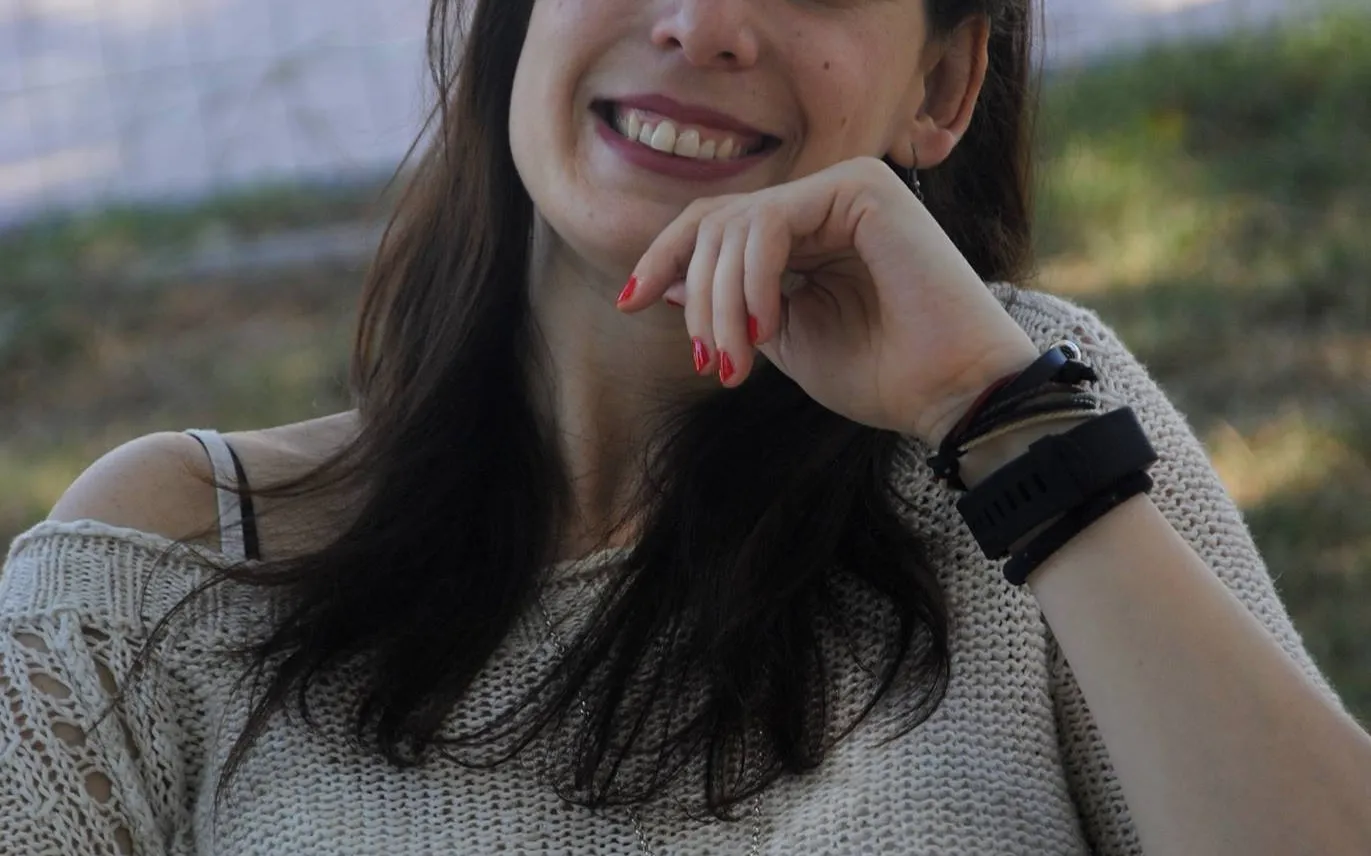Today, more than ever before, it is clear that we need to place people at the centre and put an end to the culture of domination and division and change the paradigm collectively.
Overview of the current situation
After the pandemic, we have seen how the system of values that we had based our lives around has fallen apart. This system is obsolete and we have seen how many of our beliefs have gone out the window and are no longer useful. Our set of values and our priorities have shifted.
Today, more than ever, we are gaining awareness on how important it is to explore our inner selves, our relationships with others and how we feel loved. We have learnt we cannot escape pain and death, and that it is now time to take ownership of the impact our actions have on others and on the environment.
As well as the paradigm of domination we must also change the paradigm of division. We are slowly realising how the illusion created by the capitalist system that we can access everything we need with money is fading away. It is clear that money doesn’t make us independent from others, our communities, nature and the universe. And money doesn’t make us self-sufficient, it doesn’t boost our self-esteem or help us believe in ourselves; another big trap or lie promoted by the system.
It is essential to learn to nurture our self-love and our ability to connect with the deepest parts of our being to end toxic relationships and learn to love better.
New pathways towards new models
Neus Andreu is a group facilitator, consultant for organisational development and individual and couple therapist. She is also the founding member and director of the cooperative Fil a l’agulla, and tells us how, from this cooperative, they are “offering facilitation from a position that will help doing away with these dynamics and finding new leadership models and relational patterns between people, organisations and groups living together. To help this shift in paradigm, the cooperative focuses on helping to turn good intentions into everyday practice”.
It’s time to accept our inter-dependence, we all need each other. We must understand that others are part of us, and that destroying them and the environment we live in is also destroying ourselves.
These are some of the useful indications to change the existing leadership models to help us move towards the new emerging leadership patterns that require energy and coherence.
Change starts within ourselves: we must learn that the first person we discriminate, treat badly and oppress is ourselves. That is why it is so important to get to know who we are. We need to dig deep and learn to love ourselves deep down, because this will allow us to love others and our environment.
Letting go of power: we need to realise that we need recognition, validation or attention. Leadership shouldn’t be a tool to strengthen our ego, but a tool to work for a common good.
Dealing with change from transcendence: we need to look into our desires, the reasons that push us to work for a cause, our chore and always looking for a common good.
Awareness of intrinsic and extrinsic power: we need to truly connect with our sources of internal and external power; we need to learn about power dynamics and those of social discrimination to avoid it.
Taking responsibility for the harm we cause in others: we need to study, listen and repair any painful impact stemming from our behaviour and structures. We need to be aware of the pain felt by others in our families, organisations and around us whenever we witness discrimination and violence.
Leading from a critical and dissident stance: we need to learn how to deal with aggressions, criticism and ideas that may be different from our own and develop resources to manage aggression and conflict.
Losing our fear in making mistakes: we need to take on leadership from a position of freedom and being open to the possibility of making mistakes and expressing ourselves knowing that we are not perfect, from a human position, to show our true self and to show who we genuinely are.







Add new comment